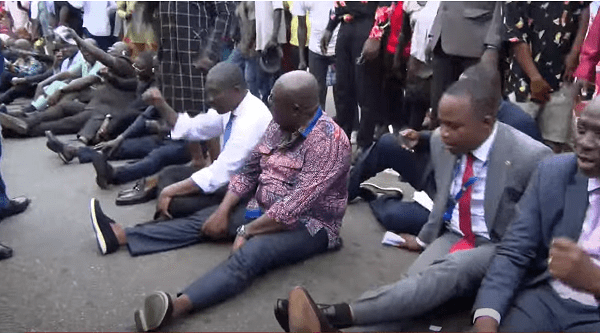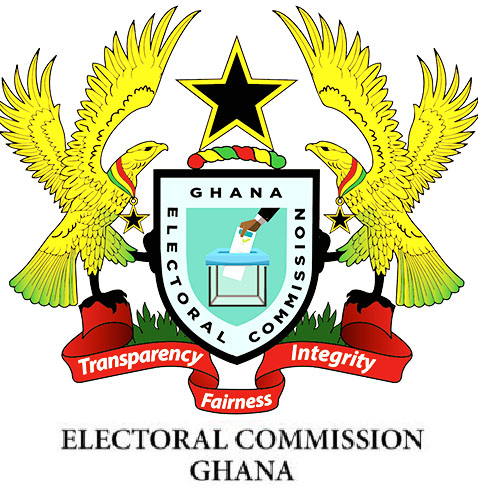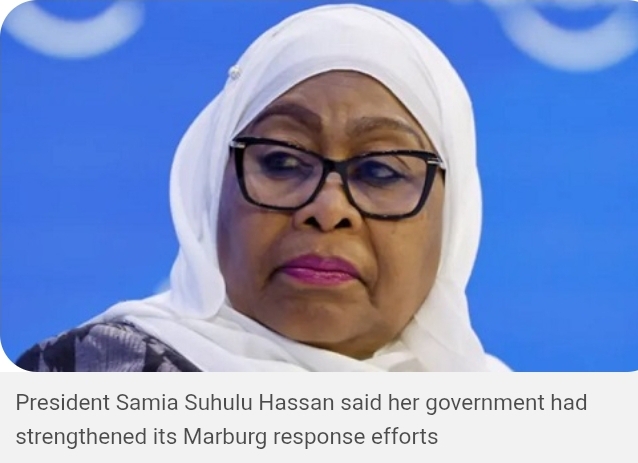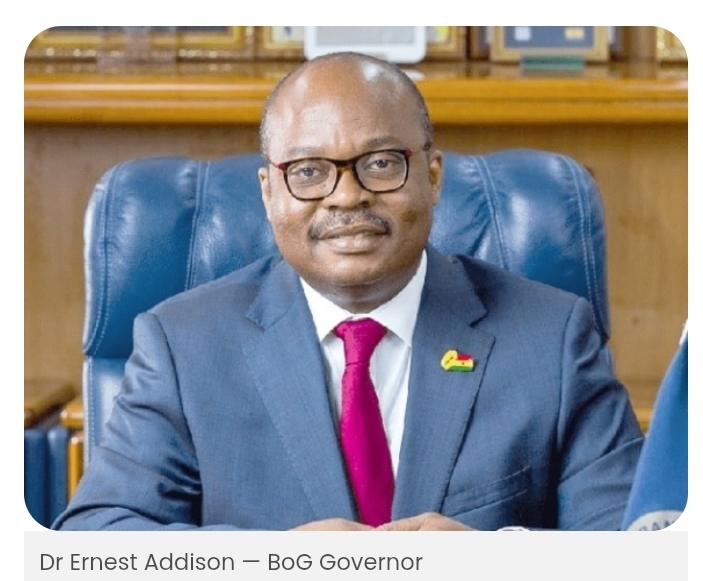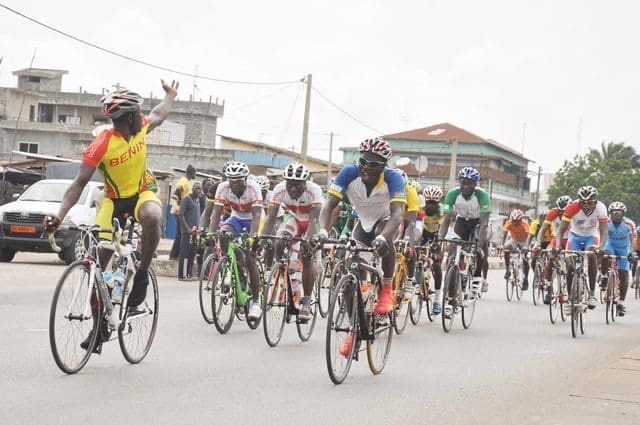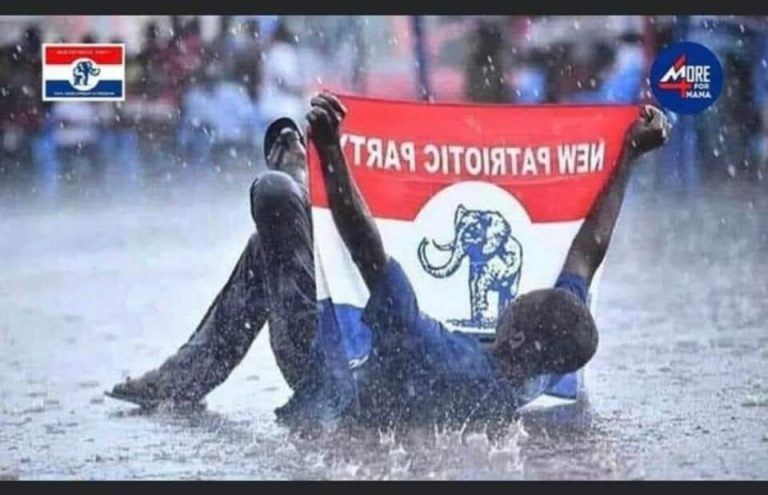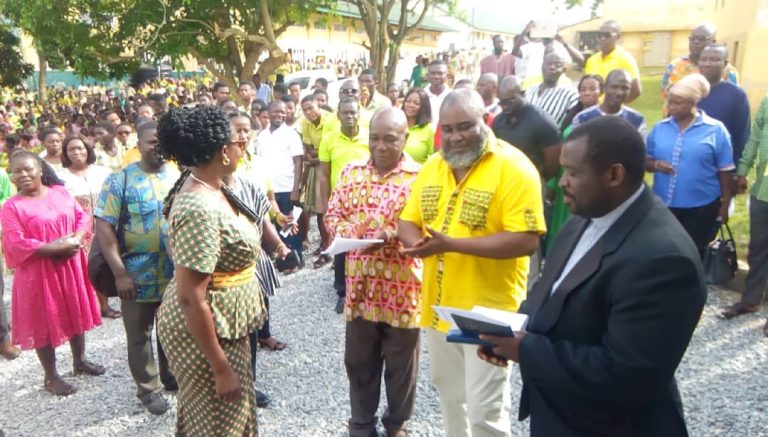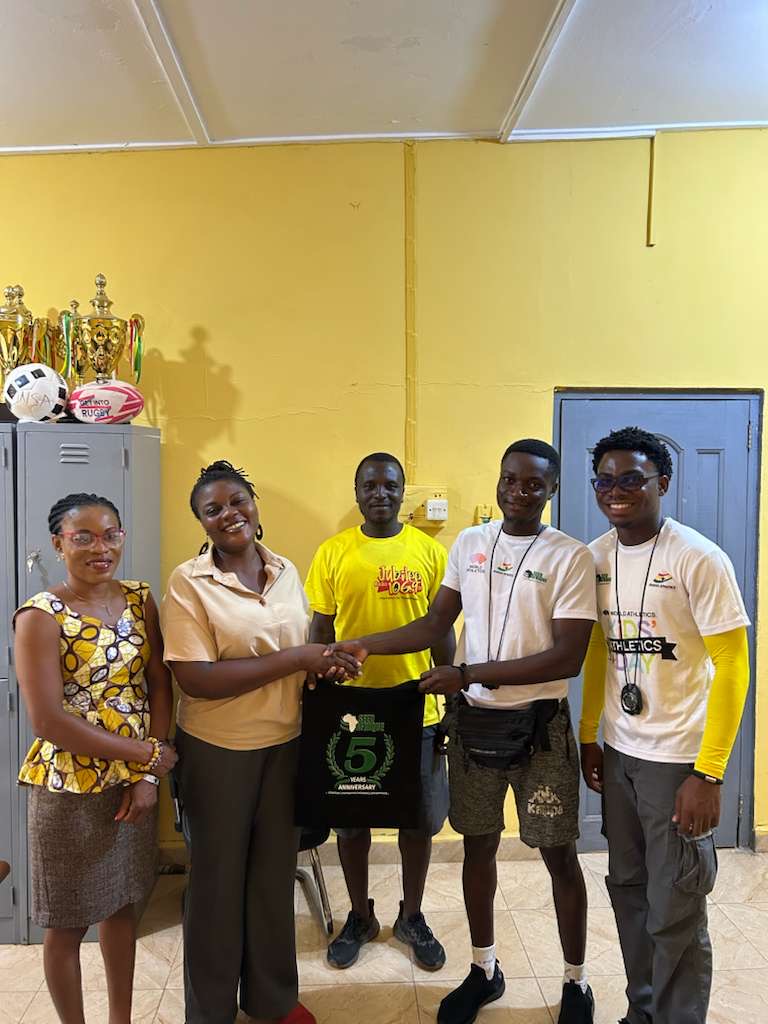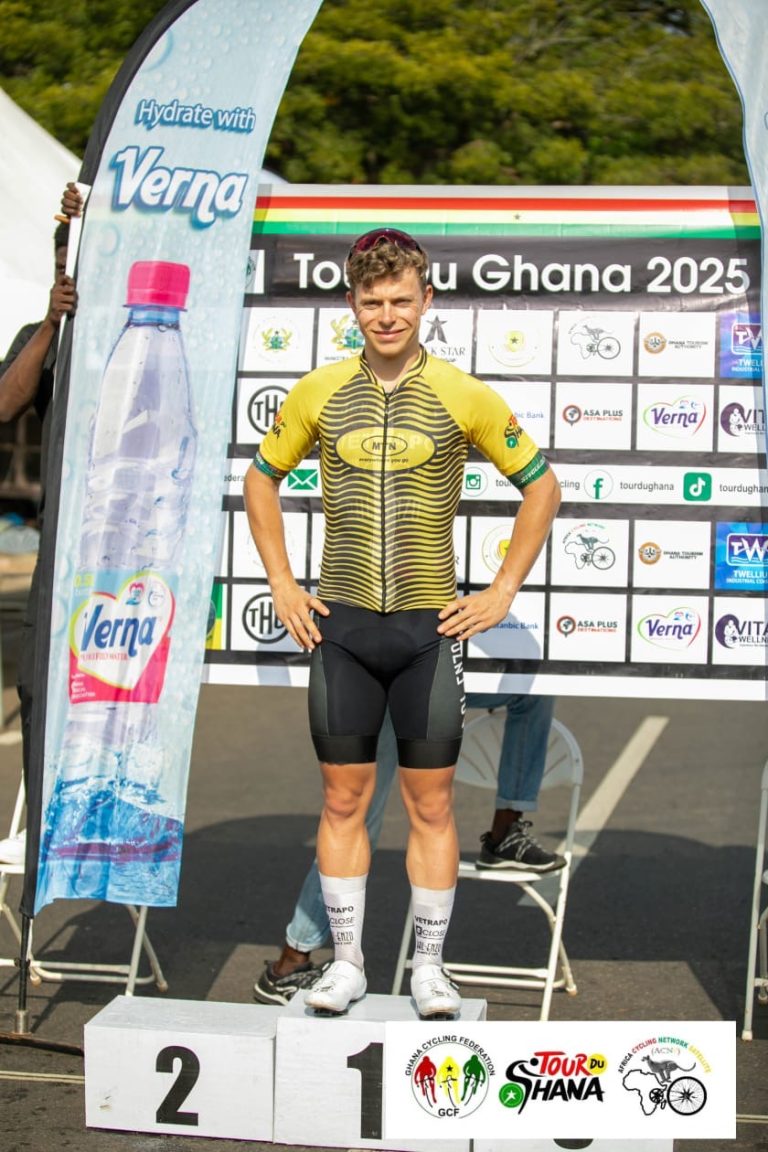In a dramatic political demonstration, members of the Minority Caucus in Parliament staged a sit-in outside the Economic and Organised Crime Office (EOCO) headquarters in Accra on Thursday, May 29, calling for the release of Bernard Antwi Boasiako, widely known as Chairman Wontumi, the Ashanti Regional Chairman of the ruling New Patriotic Party (NPP).
Dressed in black and red attire, the MPs marched from Parliament to occupy the street directly in front of EOCO’s office in Accra Central, attracting considerable public attention. The protest, characterised by chants and demands for justice, brought traffic to a halt and prompted a significant police presence as security forces sought to maintain order.
Leading the demonstration, Minority Leader Alexander Afenyo-Markin condemned what he termed as political persecution and the misuse of state institutions against political adversaries. This sit-in was triggered by Wontumi’s ongoing detention by EOCO, following his failure to meet the conditions of a GH₵50 million bail granted on Wednesday, May 28.
Wontumi was apprehended on Tuesday, May 27, after being summoned by the Criminal Investigations Department of the Ghana Police Service. He is currently under investigation for alleged financial irregularities related to the Ghana Export-Import Bank (EXIMBANK). Although EOCO has granted him bail, the stipulated conditions—requiring two sureties to be justified—have not yet been fulfilled.
NPP National Organiser Henry Nana Boakye denounced what he described as the “growing politicisation of EOCO.”
The protest has intensified an already charged political climate, with many observers interpreting the Minority’s actions as an unprecedented show of unity. Meanwhile, EOCO has remained tight-lipped regarding the situation, declining to provide any details about the ongoing investigation.
Sources familiar with the case have suggested that the inquiry may involve intricate financial transactions related to state funds and mining interests. As Wontumi’s legal team scrambles to satisfy the bail conditions, political tensions continue to escalate, with the case evolving into a symbol of broader concerns regarding justice, due process, and the autonomy of Ghana’s investigative bodies.

